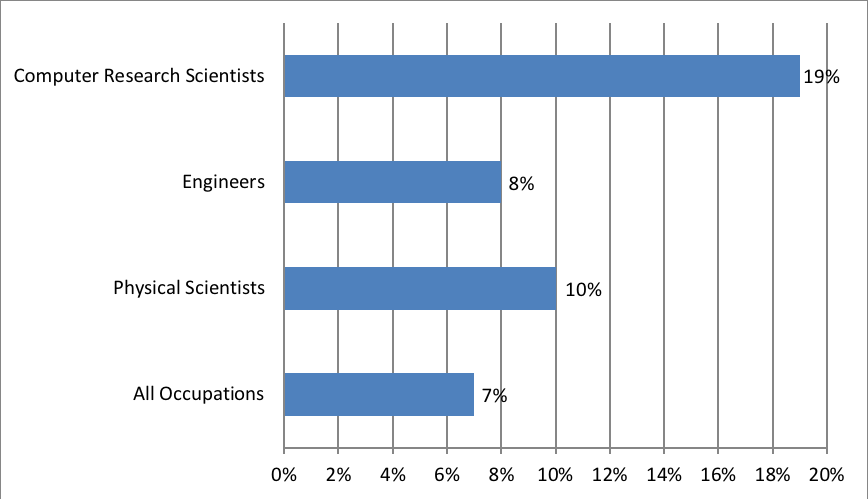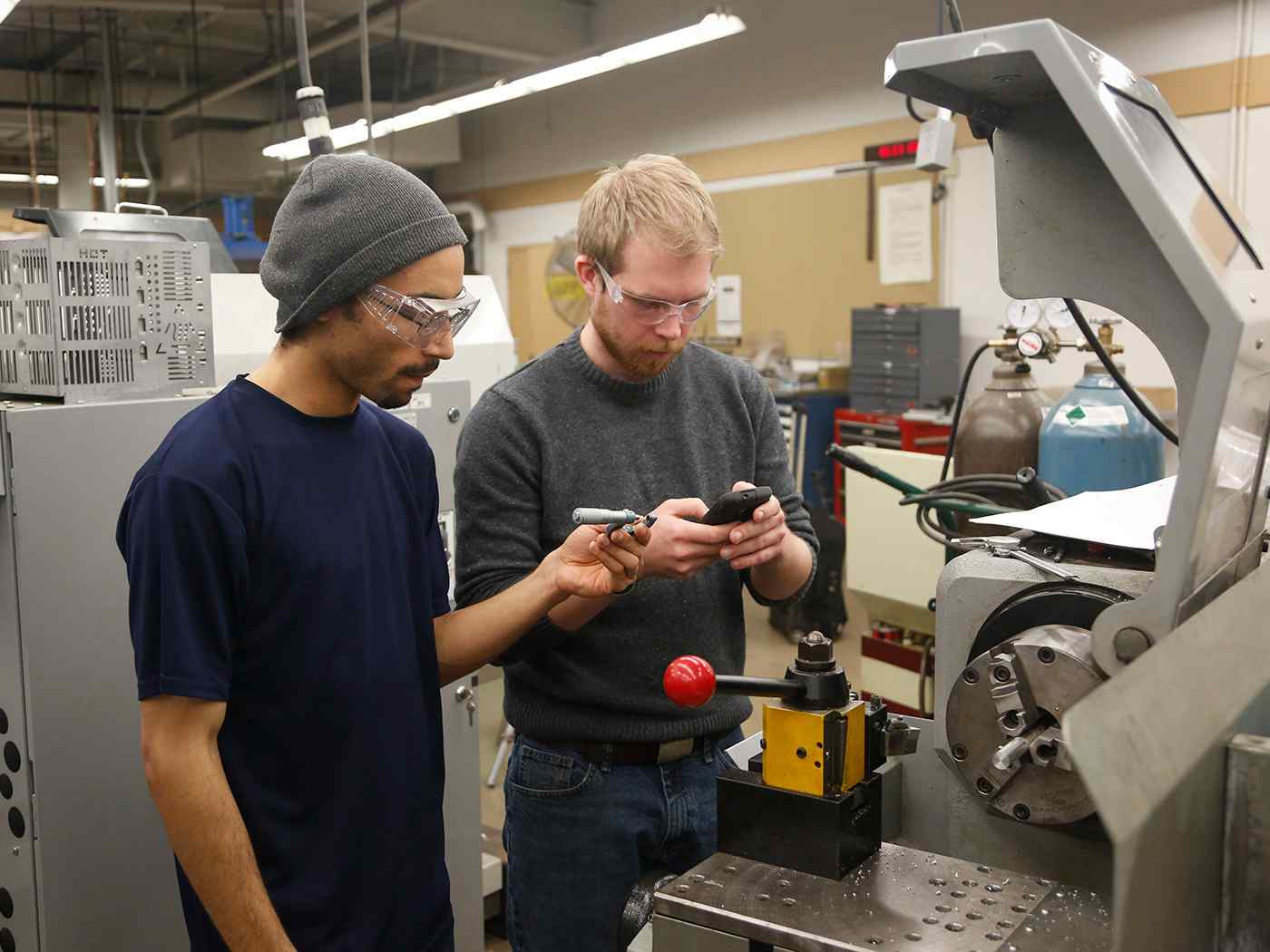
An industrial engineer applies his or her knowledge to improve products and processes by engineering and testing. Industrial engineers use shake tables to test products at different temperatures, humidity, vibrations, and in product development. Failure data is used to improve manufacturing and engineering processes. Simple changes like mold-resistant painting can significantly improve the product's quality and lifespan. Even the smallest changes such as locking up a place can greatly improve a product’s lifespan.
Job description
Your job description is a key component of a career as an engineer. A job description that is clear and concise will make you stand out from the rest. Monster has engineering job listings. Here are some examples of job descriptions. An opening paragraph should introduce the company and its benefits to applicants. Your employer should be attractive to you, whether you are looking to join a well-respected brand, an innovative start up, or a young, dynamic company with a creative, open atmosphere.
In addition to having excellent technical skills, industrial engineers also need exceptional communication skills. Industrial processes involve multiple departments and people, so an industrial engineer needs to know how to interact with them all. A successful industrial engineer must know how to persuade managers and employees that his orher proposed methods will increase efficiency. The best relationship management results in higher productivity. However, it's not only technical skills that are necessary for an industrial engineer job.
Education requirements
A bachelor's degree in industrial engineer is necessary to hold a job as an industrial engineer. This position requires extensive math and analytical skills. Industrial engineers are also required to possess excellent communication skills as they are expected to communicate their findings to others. This is in addition to the ability to design and implement processes that will reduce labor costs and increase productivity. Education in this field will also enable you to succeed in this field. These are some essential requirements for this role.
In addition to a college degree, industrial engineers must also have excellent communication and interpersonal skills, since they work closely with other professionals and are the link between the business and technical sides of an organization. Industrial engineers must also have strong analytical and communication skills, so they can effectively communicate with business leaders and employees. This job requires exceptional leadership and problem solving skills. Additionally, industrial engineers should have excellent mechanical skills and technical knowledge.
You have many options for career choices

There are many career opportunities for industrial engineers. While most industrial engineers start their career in manufacturing, hospitals and government agencies are other options. Industrial engineers may also find work in the food industry, educational agencies, retail trade, professional trade associations, and computer service centers. There are many options for industrial engineers. Here's a list of some of the best. Find out if this is the right profession for you.
An industrial engineer focuses on getting work done efficiently. They have to balance many factors including time, workforce, technology, and worker actions. They need to be mindful of worker safety and environmental concerns. Many industrial engineers are also involved in quality control and supply chain management. This is important because many industries are constantly trying to cut costs while increasing their productivity. They can also be used to help companies develop new product ideas and improve work flow.
Salary
In 2004, the median industrial engineer salary was $87.513 USD. This number is expected increase to $114.146 by 2020. The salary depends on which industry you work in. Salaries in thriving industries are likely to receive larger raises. Industrial Engineers' bonus figures change regularly and are often modest. The majority of bonus recipients are part of the revenue generation process. For this job to be considered for the highest salary, you will need to have an industrial engineering degree.

To be a successful industrial engineer, you must hold a bachelor's degree. Some employers, however, prefer PhDs. In the U.S., an industrial engineer's salary ranges from $56,000 to $121,000, but that number can vary a great deal. While an industrial engineer can work in an office setting, many jobs require overtime and protective attire. And as a result, a high degree of flexibility is necessary.
FAQ
What is the best way to learn about manufacturing?
Practical experience is the best way of learning about manufacturing. However, if that's not possible, you can always read books or watch educational videos.
Why automate your warehouse
Automation has become increasingly important in modern warehousing. Increased demand for efficient and faster delivery has resulted in a rise in e-commerce.
Warehouses need to adapt quickly to meet changing needs. Technology investment is necessary to enable warehouses to respond quickly to changing demands. Automation of warehouses offers many benefits. Here are some of the reasons automation is worth your investment:
-
Increases throughput/productivity
-
Reduces errors
-
Accuracy is improved
-
Safety is boosted
-
Eliminates bottlenecks
-
Allows companies scale more easily
-
This makes workers more productive
-
The warehouse can be viewed from all angles.
-
Enhances customer experience
-
Improves employee satisfaction
-
Reduces downtime and improves uptime
-
Quality products delivered on time
-
Human error can be eliminated
-
It helps ensure compliance with regulations
How does a production planner differ from a project manager?
The main difference between a production planner and a project manager is that a project manager is usually the person who plans and organizes the entire project, whereas a production planner is mainly involved in the planning stage of the project.
Statistics
- You can multiply the result by 100 to get the total percent of monthly overhead. (investopedia.com)
- In the United States, for example, manufacturing makes up 15% of the economic output. (twi-global.com)
- It's estimated that 10.8% of the U.S. GDP in 2020 was contributed to manufacturing. (investopedia.com)
- (2:04) MTO is a production technique wherein products are customized according to customer specifications, and production only starts after an order is received. (oracle.com)
- [54][55] These are the top 50 countries by the total value of manufacturing output in US dollars for its noted year according to World Bank.[56] (en.wikipedia.org)
External Links
How To
Six Sigma in Manufacturing
Six Sigma refers to "the application and control of statistical processes (SPC) techniques in order to achieve continuous improvement." Motorola's Quality Improvement Department in Tokyo, Japan developed Six Sigma in 1986. Six Sigma's basic concept is to improve quality and eliminate defects through standardization. Since there are no perfect products, or services, this approach has been adopted by many companies over the years. Six Sigma aims to reduce variation in the production's mean value. This means that you can take a sample from your product and then compare its performance to the average to find out how often the process differs from the norm. If there is a significant deviation from the norm, you will know that something needs to change.
Understanding the nature of variability in your business is the first step to Six Sigma. Once you understand this, you can then identify the causes of variation. These variations can also be classified as random or systematic. Random variations are caused when people make mistakes. While systematic variations are caused outside of the process, they can occur. Random variations would include, for example, the failure of some widgets to fall from the assembly line. If however, you notice that each time you assemble a widget it falls apart in exactly the same spot, that is a problem.
After identifying the problem areas, you will need to devise solutions. You might need to change the way you work or completely redesign the process. You should then test the changes again after they have been implemented. If they fail, you can go back to the drawing board to come up with a different plan.